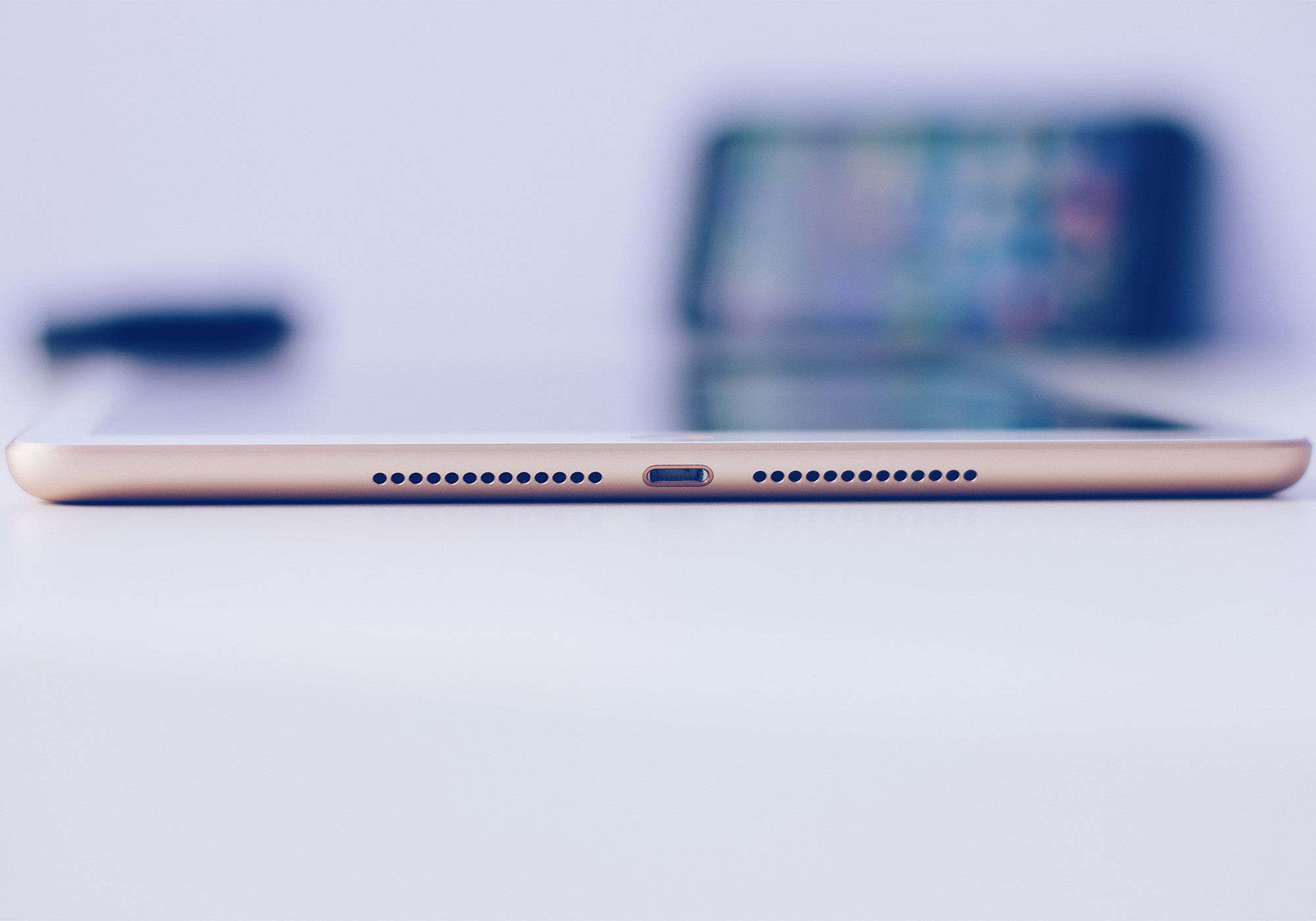Mobile technologies are highly dependent on batteries. To ensure student learning devices do not disrupt learning, we’ve invested in devices that maximise daily battery capacity. Microsoft claims up to 13 hours battery life between charges for the Surface Pro and Apple claims the iPad will retain power for up to 8-10 hours. In real life, we know these figures are hopeful, but for most students on most days at school, the battery charge in the devices easily lasts the school day. Our experiences in the IT team over the past five years is that the vast majority of students at Concordia never have issues with the daily battery life of their devices. Yes, there are always exceptions when lessons demand heavy video or complex app use, but in general our devices last the full day without drama.
As part of learning to be organised and positive digital citizens, our students do have important responsibilities to ensure their devices are ready and fully functional, as set out in the Concordia College Digital Charter and the Responsible Use of Digital Resources Agreement. They must:
- Charge their device overnight, every night, to ensure the device is as fully charged as possible before coming to school
- Use power-saving settings on their devices wherever possible – IT can help with this
- Definitely not use their device during the day for recreational video or online gaming activities. On this matter, we have a screen-free policy at break times and block as many games as we can online, so students who do soak up battery life are visibly not complying with the College’s expectations
To support our students when batteries don’t behave as expected, or on those hopefully rare occasions when they arrive at school with an uncharged device, we invite them to take their device to IT and swap it out for a loan device so they can continue with their day’s learning. We also provide emergency charging stations at points in the College, designed for quick top-up charges during a lesson when the devices are not being used and when heading to IT for a loan device is unnecessary.
We have the swap-out system in place for student and teacher convenience to minimise learning disruption, but it also exists because we neither encourage nor allow students to bring their chargers to school. Apart from the safety hazards involved in tripping over cables, we know from past experience that chargers end up lost, damaged or stolen at school.
Digital citizens effectively and respectfully manage their resources. This is what we are encouraging among our students at Concordia.
Tony Shillitoe
Director of Digital Resources


